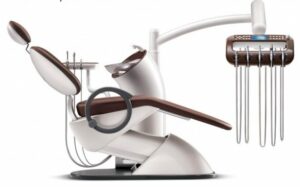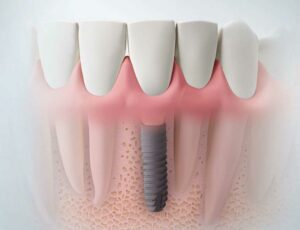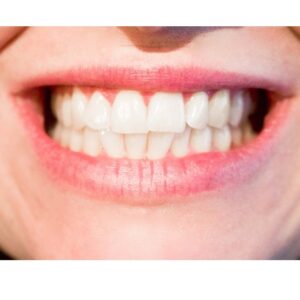Smoking and dental implants… If you’ve ever had a dental implant consultation, you know this topic well. Many people who smoke wonder if they still qualify for dental implant surgery and whether the procedure will be a success when you mix dental implants and smoking.
It is possible to get dental implants as a smoker, although you’ll need to put your habit on hold for the best chances of a successful outcome.
While smokers have several added challenges in caring for dental implants, proper maintenance can still lead to a smile you’ll love.
How Does Smoking Affect Dental Implants?
Because of the harmful impact of nicotine, tobacco and smoke, not every smoker’s dental implant surgery will be a success. Several effects of smoking can hinder dental implant surgery:
- Smoke harms the surrounding gums and bone: Cigarette smoke burns the oral tissues on the inside of your mouth, and it can even damage or block the salivary glands, which results in mouth dryness. A lack of saliva can lead to tooth decay and gum disease — weakening the bone and gums that support your implants.
- Nicotine slows down healing and immune system defenses: Nicotine — whether introduced through a cigarette or a nicotine patch — restricts the flow of oxygen and blood to your bone and oral tissue. Because you need this extra oxygen and blood flow to heal, nicotine exposure weakens your body’s immune defenses and overall healing abilities.
- Tobacco and nicotine prevent the bone from fusing with the implant: Not only does a lack of blood flow and oxygen decrease the ability to heal properly, but it could also impact osseointegration — the fusing together of your implant and the surrounding bone. Clinical trials have shown that smokers are at a higher risk of osseointegration failure than nonsmokers.
How Long After Dental Implant Surgery Can I Smoke?
As with any surgery, you’ll need to follow your dental surgeon’s pre- and post-operation guidelines to ensure the best chance of success — such as regulating your eating, drinking and smoking.
While it is recommended that you stop smoking as far in advance of your surgery as possible, it’s advised to quit the habit at least one to two weeks before your procedure.
How long it takes for you to be able to smoke after an implant surgery can vary, but it’s generally recommended to wait two to three months for the best chances of osseointegration.
In the first few days following your surgery, your body produces blood clots that prevent food and bacteria from getting into the site. Actions such as inhaling smoke, spitting or sucking on a straw can loosen these blood clots and cause dry socket — an incredibly painful condition. It’s especially crucial not to smoke within these 72 hours.
How to Lessen the Risk of Complications After Surgery
Here are some steps you can take to care for your implants and increase your chances of success after your dental implant surgery:
- The best way to lessen the risk of implant failure and improve your overall health is to stop smoking. You’ll find many smoking cessation programs or online resources that can help you get started.
- Stop smoking for at least one week before your procedure and at least two months afterward.
- Brush your teeth and use a dental water jet after you smoke.
- Visit your dentist for regular cleanings and checkups.
Learn More About Hiossen® Implants
Because everyone’s situation is unique, it’s essential to talk with your dental hygienist to determine whether dental implant surgery could be an option in your future.
If you decide implant surgery is right for you, Hiossen offers high-quality, cost-effective options manufactured under the strictest quality control standards. Contact us today for more information, or locate a Hiossen representative near you.




